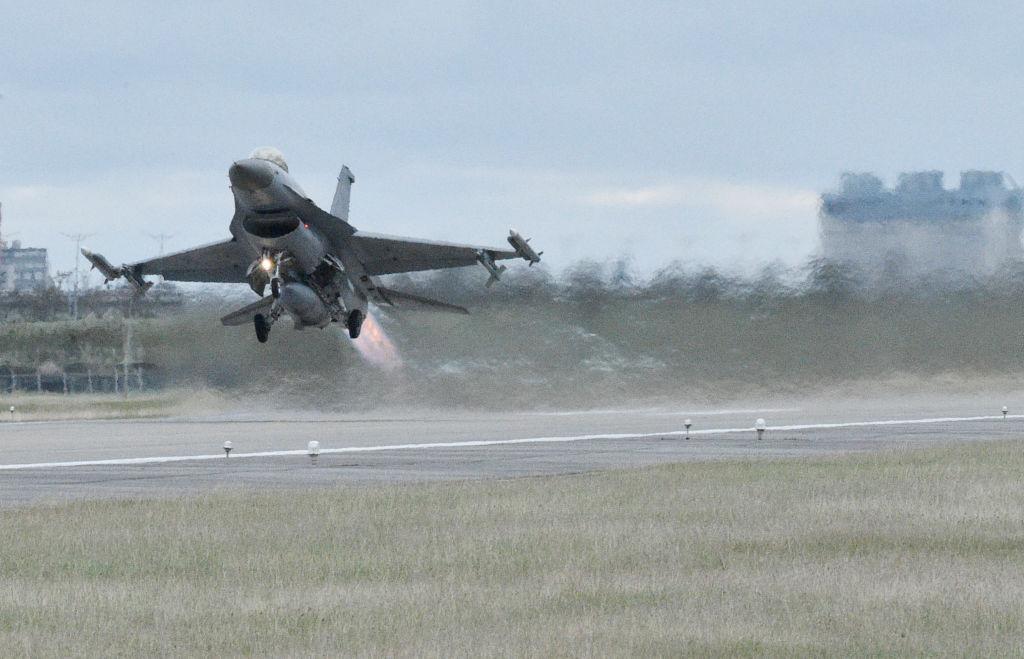TAIPEI—Taiwan sent aircraft on Monday to shadow China air force fighter jets as they flew through the Bashi Channel to the south of the island, its defense ministry said.
China sent an unspecified number of Xian H-6 bombers, Su-30 fighter jets and Y-8 transport aircraft over the waterway on their way to the West Pacific Ocean, the Taiwan ministry said.





